http://www.thealternativedaily.com/
Let’s be honest—poop isn’t the most glamorous health topic, but it’s one of the most revealing. A new study shows your bowel habits could offer real insight into your long-term health—far beyond what you eat. While it’s been long known that frequent constipation or diarrhea can be linked to health problems, researchers at the University […]

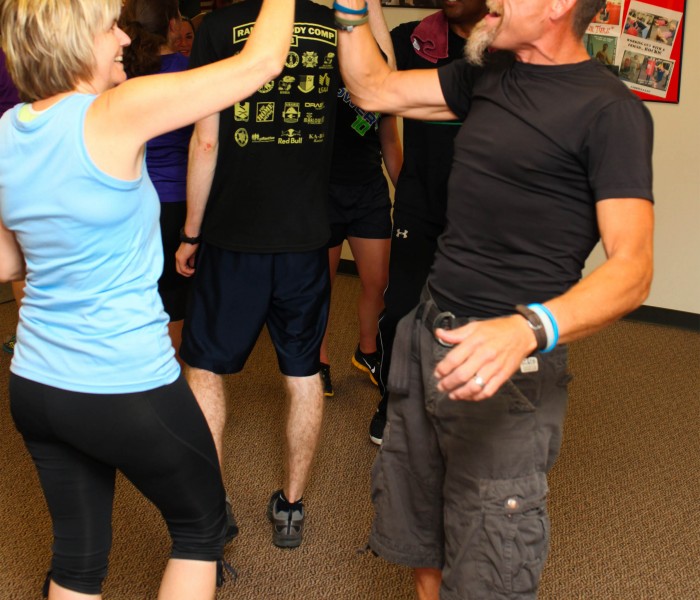
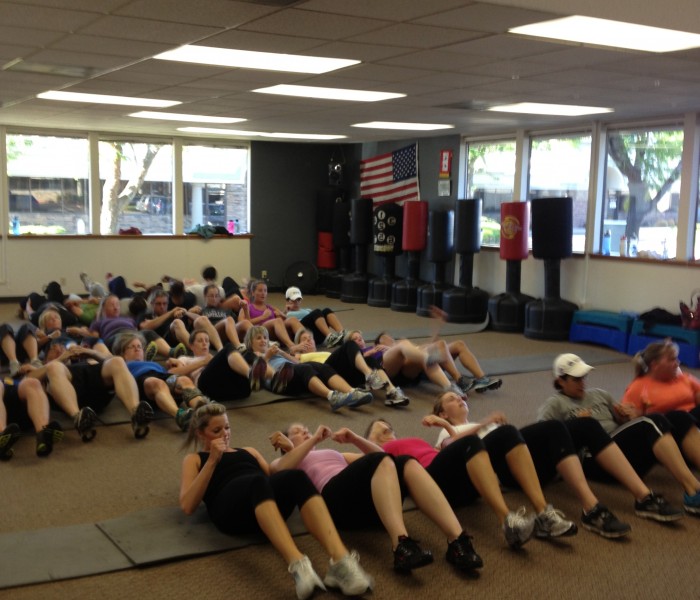
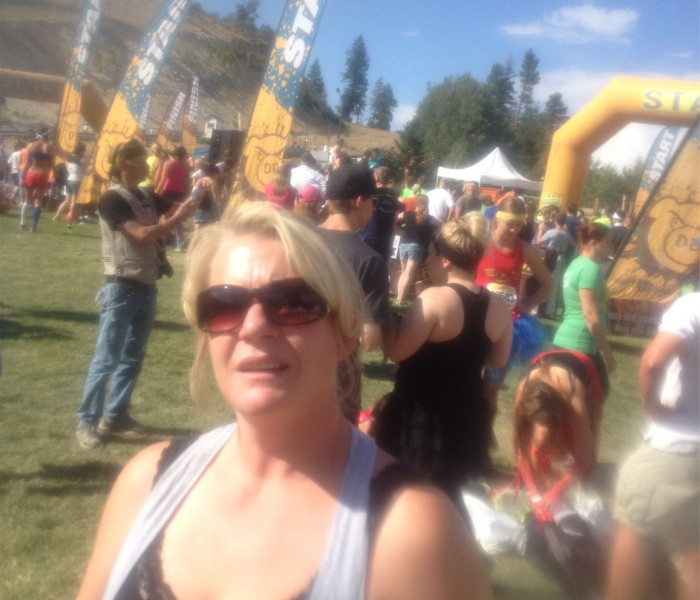
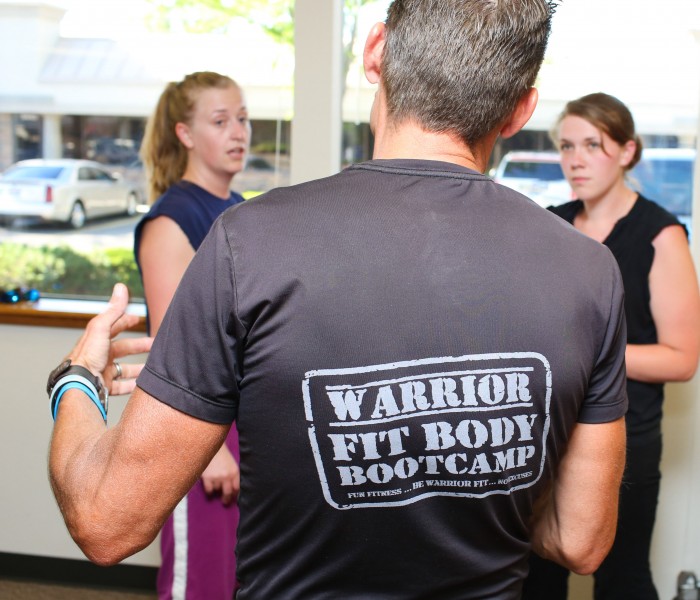
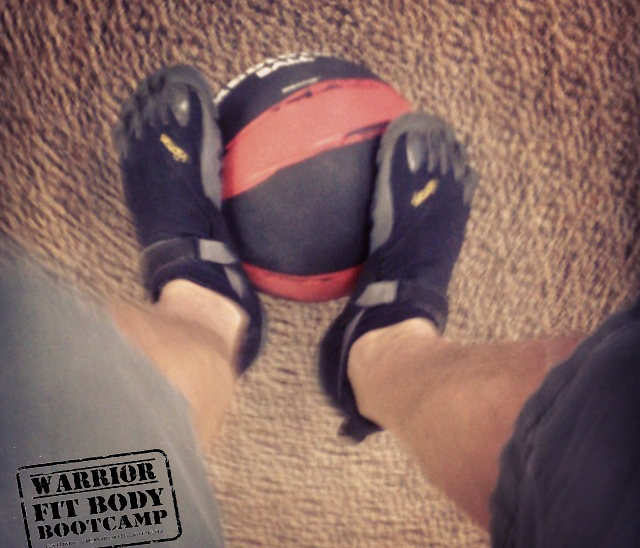
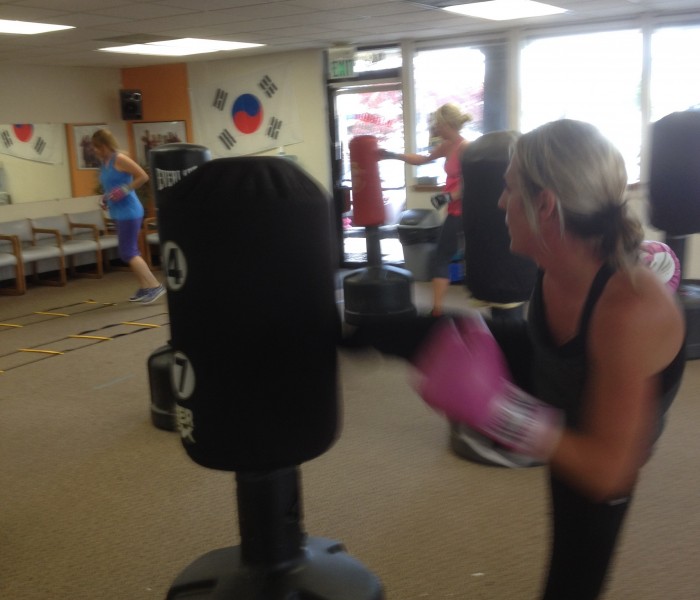
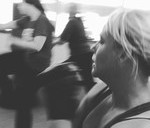
 For now classes are 6pm and 640pm at 2840 Wildwood st in the Boise Cloggers studio.
Book your class NOW!
click this ==>
For now classes are 6pm and 640pm at 2840 Wildwood st in the Boise Cloggers studio.
Book your class NOW!
click this ==>








